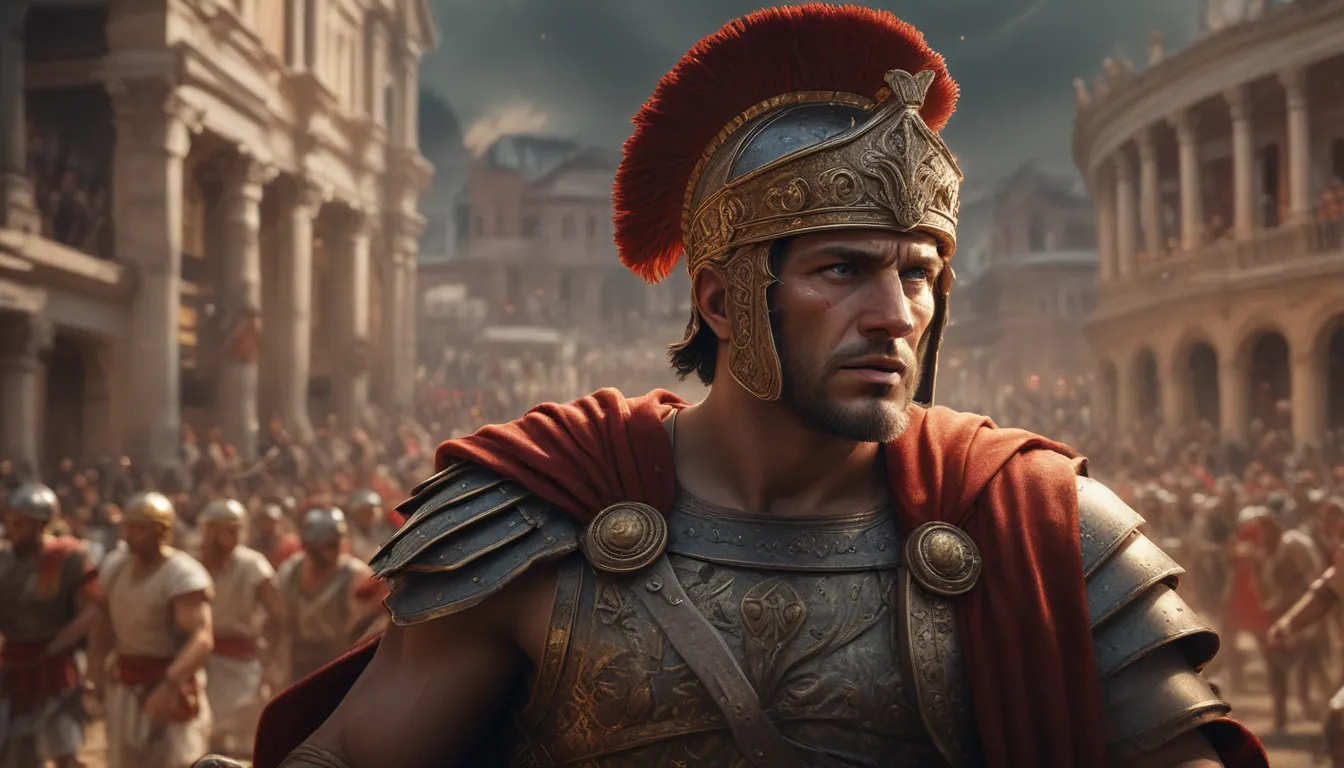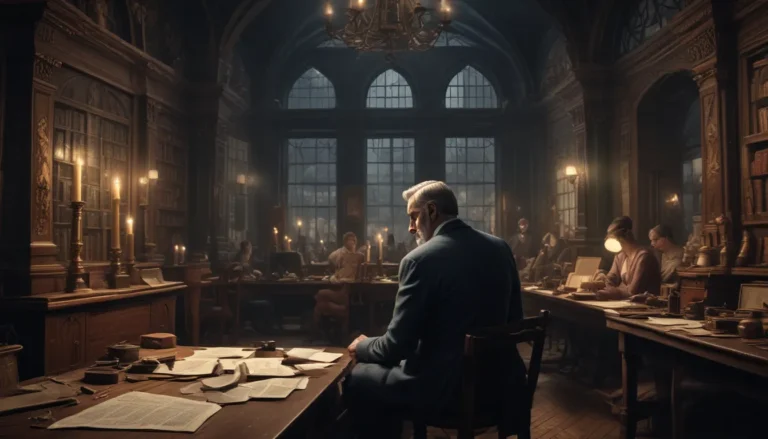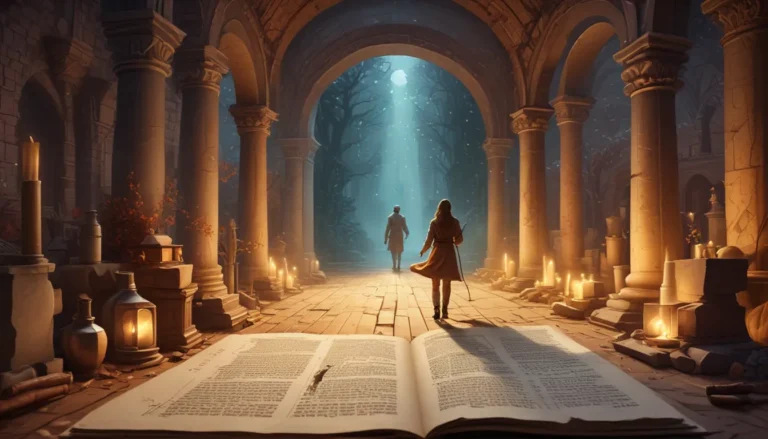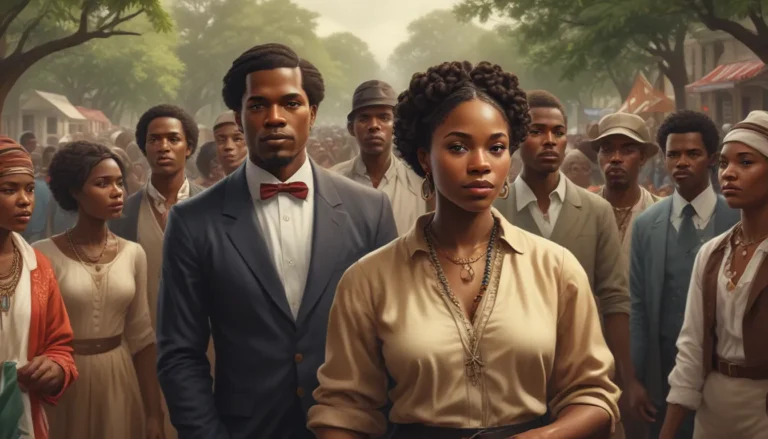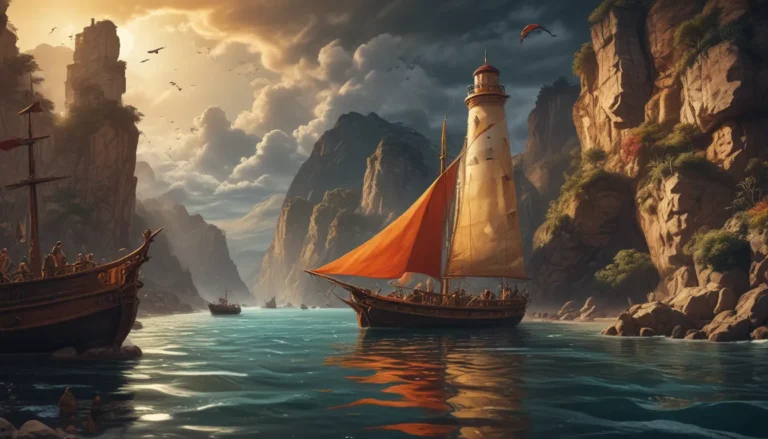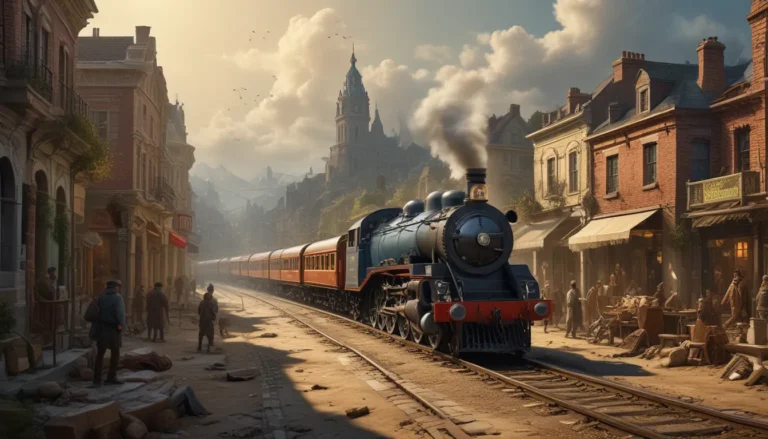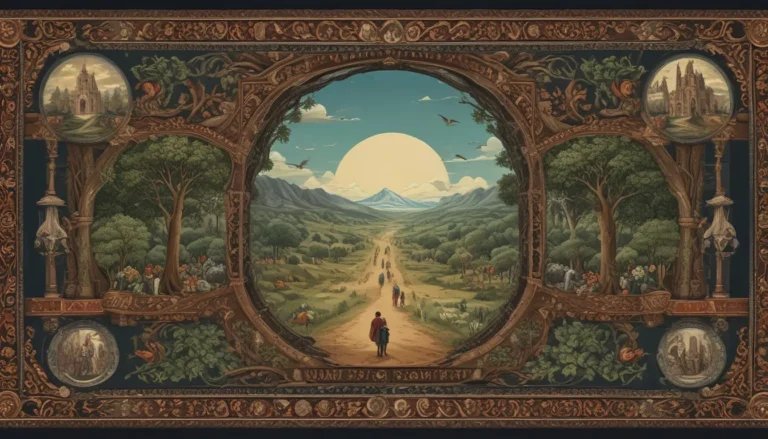The images in our articles may not match the content exactly. They are used to grab your attention, not to show the exact details in the text. The images complement the text but do not replace it.
Have you ever marveled at the wonders left behind by the ancient Romans? Their legacy, etched in history, continues to captivate us with tales of grandeur and innovation. The Roman Empire stands as a testament to human achievement, showcasing a blend of military prowess, political acumen, and engineering marvels that have shaped the world we live in today. Join us on a journey as we unravel 19 incredible fun facts about this remarkable civilization. These snippets of history not only intrigue but also offer a glimpse into the lives of those who once governed vast swathes of the ancient world. Whether you’re a history enthusiast or simply curious, prepare to be entertained and enlightened as we step back in time to explore the secrets of the mighty Roman Empire.
The Powerhouse of the Roman Empire
The Roman Empire’s ascent to greatness was not a mere stroke of luck. It owed its supremacy to a combination of factors that set it apart from other civilizations of its time.
-
Military Might: The backbone of Roman dominance lay in its formidable military machine. With a well-disciplined army at its disposal, Rome conquered and controlled extensive territories, spreading its influence far and wide.
-
Political Strategy: Rome’s conquests were not solely achieved through brute force. A clever blend of diplomacy and coercion allowed the empire to subjugate neighboring lands and assimilate them into its fold.
-
Engineering Marvels: The Romans were not just warriors; they were also master builders. Their innovation in constructing roads, aqueducts, and architectural wonders not only showcased their ingenuity but also facilitated efficient governance and trade across the empire.
The Roman Spectacles: A Glimpse Into Entertainment
Entertainment in ancient Rome was a spectacle in itself, ranging from the grandiose to the brutal.
-
Gladiatorial Games: Among the most renowned attractions were the gladiatorial contests, where fighters battled each other or ferocious beasts in packed arenas like the Colosseum.
-
Chariot Races: The Circus Maximus played host to thrilling chariot races, with rival factions vying for glory and public adulation.
-
Theatrical Performances: Theatre-going was a popular pastime in Rome, with citizens enjoying a diverse array of plays, both comedic and tragic, staged in open-air venues.
Roman Ingenuity: Innovations That Transformed the World
The Romans were pioneers in many fields, leaving behind a legacy of technological advancements that continue to influence modern society.
-
Concrete Construction: Roman concrete was a game-changer, enabling the construction of enduring structures such as the Pantheon and the Colosseum.
-
Aqueducts: These engineering marvels supplied cities with fresh water, revolutionizing urban life and enabling the growth of public amenities like baths and fountains.
-
Road Networks: The Romans built an extensive network of roads that facilitated communication and trade, with some segments enduring to this day as a testament to their enduring quality.
Unveiling Daily Life in the Roman Empire
Life in ancient Rome was a tapestry of diverse experiences, shaped by social status while sharing common threads across the empire.
-
Educational Values: Education was highly prized, with elite children learning a curriculum that included Latin, Greek, literature, and philosophy under the guidance of private tutors.
-
Culinary Delights: Roman cuisine was a medley of flavors, with staples like bread, wine, olives, and meats gracing the tables. Wealthier Romans savored exotic dishes at lavish banquets.
-
Fashion Trends: Men draped themselves in togas, while women adorned stolas, with clothing serving as a visual indicator of one’s societal standing.
The Decline and Fall of the Roman Empire
The twilight of the Roman Empire was marred by a confluence of factors that led to its eventual unraveling.
-
Economic Turmoil: Strained by overreliance on slave labor and financial instability, the Roman economy faltered.
-
Military Challenges: Defending vast borders and reliance on mercenary forces weakened Rome’s defense capabilities.
-
Political Decay: Corruption and administrative inefficiencies sowed discord within the empire’s administrative framework.
-
Barbarian Incursions: Invasions by tribes such as the Visigoths and Vandals dealt a fatal blow to the empire, culminating in the sacking of Rome and the collapse of the Western Roman Empire in 476 AD.
The Enduring Legacy of Rome
The influence of the Roman Empire persists in myriad ways throughout the fabric of modern civilization.
-
Legal Systems: Roman legal principles, emphasizing equity and justice, have left an indelible mark on legal frameworks worldwide.
-
Languages: Numerous languages, including Italian, French, Spanish, Portuguese, and Romanian, trace their roots back to Latin, the language of the Romans.
-
Architectural Heritage: Roman architectural innovations, such as arches, domes, and concrete, continue to inspire contemporary construction practices.
Reflecting on Rome’s Lasting Impact
Rome’s legacy transcends the pages of history, resonating in the foundations of our present reality. From enduring structures built with Roman concrete to the linguistic legacy of Latin, the empire’s imprint is ubiquitous. The concepts of law, architecture, and governance that the Romans pioneered endure as pillars of our modern societies. Exploring the annals of Roman history isn’t just about amassing trivia; it’s an ode to the spirit of innovation, strategic vision, and cultural assimilation that underpinned one of the greatest civilizations the world has known. The echoes of Rome reverberate in the tapestry of our lives, a reminder of the enduring impact of human ingenuity and ambition.
FAQs: Unveiling Roman Mysteries
Q: What was the Roman Empire?
A: Imagine a vast empire spanning from the windswept highlands of Scotland to the sun-kissed sands of Egypt. The Roman Empire was a sprawling mosaic of cultures, languages, and peoples united under the rule of emperors, shaping the course of history for over a millennium.
Q: How long did the Roman Empire last?
A: Rome’s legacy endured for centuries, from its founding in 753 BC to the fall of the Western Empire in 476 AD. The Eastern Empire, Byzantium, carried on the Roman flame until 1453 AD, marking a legacy that spanned approximately two millennia.
Q: Who were some famous Roman Emperors?
A: The annals of Roman history are replete with illustrious figures like Julius Caesar, Augustus, Nero, Hadrian, and Constantine, each leaving their indelible mark on the empire’s legacy with their deeds and decisions.
Q: Did Romans really have vomitoriums for feasts?
A: Despite the myth, vomitoriums were not venues for feasting excesses but rather the entrances and exits in amphitheaters designed for swift crowd dispersal. Roman feasts were lavish affairs, but the image of vomitoriums as binge-eating chambers is more fiction than fact.
Q: What is the legacy of the Roman Empire today?
A: The echoes of Rome resound in modern life, from the languages we speak to the legal systems we uphold. Roman innovations in architecture, governance, and language form the bedrock of Western civilization, a testament to the enduring legacy of one of history’s greatest empires.
Embracing Knowledge and Authenticity
Our mission is to deliver engaging and trustworthy content that illuminates the tapestry of history and knowledge. Each fact we present is a gem contributed by real users like you, enriching our platform with diverse insights and information. Our dedicated editors meticulously review each submission to ensure accuracy and credibility, guaranteeing that the facts we share are not just captivating but also authentic. Trust in our commitment to quality and integrity as you embark on a journey of exploration and discovery with us.
